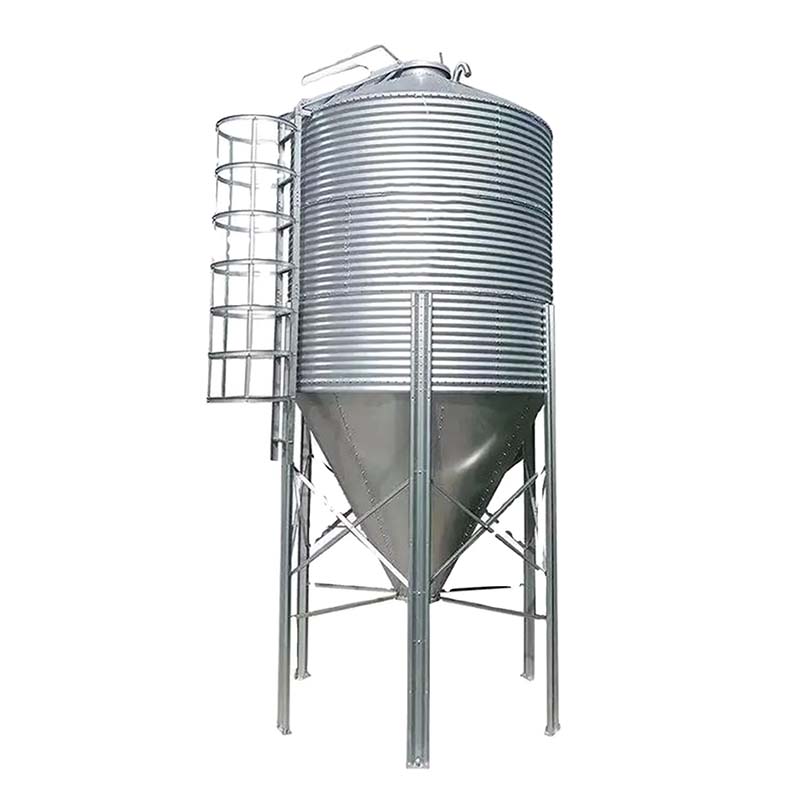Feed Mixer and Mill Equipment Available for Purchase
Nov . 24, 2024 08:08 Back to list
Feed Mixer and Mill Equipment Available for Purchase
Finding the Right Feed Mill Mixer for Sale
In the world of agriculture and animal husbandry, efficient feed preparation is crucial for ensuring that livestock receive the proper nutrition they need to thrive. One of the key pieces of machinery in this process is the feed mill mixer. These machines are designed to blend various feed ingredients into a homogeneous mixture, allowing for better nutrient distribution and consistency in livestock diets. With the increasing demand for quality animal feed, the market for feed mill mixers has grown significantly, leading to a plethora of options for farmers and feed manufacturers. This article will guide you through important factors to consider when searching for the right feed mill mixer for sale.
Understanding Feed Mill Mixers
Feed mill mixers come in various types, including vertical mixers, horizontal mixers, and batch mixers. Each type has its specific advantages and suits different operational needs. Vertical mixers are known for their compact design and are ideal for small to medium-sized operations. They are efficient in mixing dry ingredients and can handle a variety of feed types. Horizontal mixers, on the other hand, offer large capacity and are perfect for large-scale farms that require significant volumes of mixed feed. Batch mixers provide flexibility and are excellent for producers who need to change formulations frequently.
When looking for a feed mill mixer for sale, it's essential to determine which type aligns best with your farming operation.
Capacity and Size
One of the first things to consider is the capacity of the mixer. Assess your daily feed requirements and choose a mixer that can handle, not only your current needs but also future growth. A mixer that is too small will require frequent batch processing, while one that is excessively large may waste energy and resources. Look for a machine that provides a balance between your needs and efficiency.
Material Quality and Construction
The durability of the mixer is paramount, as it will be exposed to heavy loads and abrasive materials. Look for mixers constructed from high-quality steel or stainless steel, which resist rust and corrosion. Additionally, consider the mixer’s design features, such as wear plates and internal lining, which can extend the machine's lifespan and reduce maintenance costs.
Mixing Efficiency
feed mill mixer for sale

One of the main responsibilities of a feed mill mixer is to ensure that all feed components are mixed thoroughly and uniformly. It's essential to look for a mixer that is known for its mixing efficiency. Many manufacturers offer specifications about mixing time and uniformity, which can be very helpful. Additionally, consider asking for references or reviews from current users to gauge the machine’s performance in real-world settings.
Energy Consumption
In today’s eco-conscious world, energy efficiency plays a critical role in the selection of equipment. Feed mill mixers can consume significant amounts of electricity. Opting for a model that is designed with energy-saving features can result in substantial savings in operational costs. Review the energy consumption ratings and look for innovative technologies that reduce energy use without compromising performance.
Brand Reputation and Warranty
The reputation of the mixer brand can be an indicative factor of quality and reliability. Research manufacturers and look for companies that specialize in feed mill equipment and have strong market presence. A good warranty can also provide peace of mind, so consider products that come with robust service agreements.
Cost Considerations
Price is often a deciding factor when purchasing equipment. While it may be tempting to go for the lowest-cost option, remember that quality and efficiency often come at a premium. Weigh the initial investment against the machine’s potential lifespan, maintenance requirements, and operational efficiency to ensure you make a wise investment.
Conclusion
In summary, finding the right feed mill mixer for sale involves careful consideration of various factors, including type, capacity, material quality, mixing efficiency, energy consumption, brand reputation, and cost. By conducting thorough research and assessing your specific needs, you can select a mixer that will enhance your feed production process and support the health and growth of your livestock. A well-chosen feed mill mixer not only improves productivity but also ensures that your animals receive the highest quality nutrition to thrive.
-
Hot Sale 24 & 18 Door Rabbit Cages - Premium Breeding Solutions
NewsJul.25,2025
-
Automatic Feeding Line System Pan Feeder Nipple Drinker - Anping County Yize Metal Products Co., Ltd.
NewsJul.21,2025
-
Automatic Feeding Line System Pan Feeder Nipple Drinker - Anping County Yize Metal Products Co., Ltd.
NewsJul.21,2025
-
Automatic Feeding Line System - Anping Yize | Precision & Nipple
NewsJul.21,2025
-
Automatic Feeding Line System - Anping Yize | Precision & Nipple
NewsJul.21,2025
-
Automatic Feeding Line System-Anping County Yize Metal Products Co., Ltd.|Efficient Feed Distribution&Customized Animal Farming Solutions
NewsJul.21,2025






